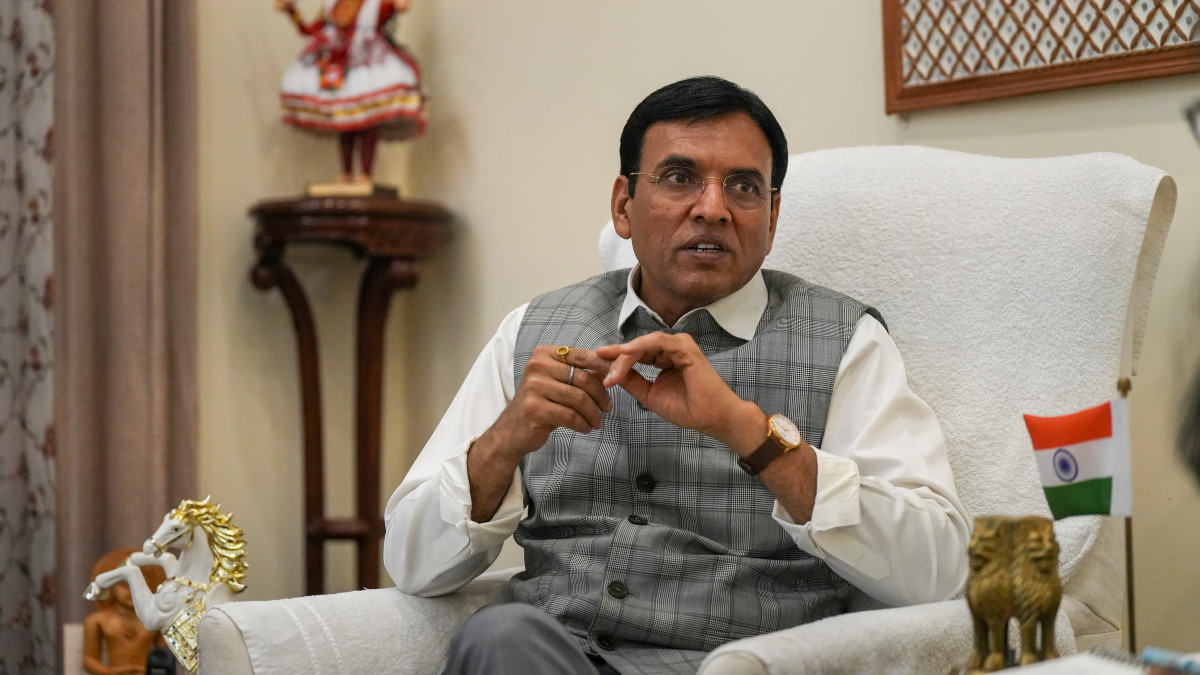The National Sports Governance Bill 2025 was passed in the Lok Sabha on Monday nearly three weeks after it was introduced in the Lower House of the Parliament, with Sports Minister Mansukh Mandaviya hailing the landmark moment as the “single biggest reform in Indian sports since independence”. The National Anti-Doping Amendment Bill (2025) was also passed by the Lok Sabha at the same time, and the two Sports Bills cleared the Rajya Sabha, the upper house, on the following day.
The implementation of a National Sports Board and a National Sports Tribunal as well as the BCCI’s exemption from the RTI Act are among the key takeaways from the Bill , which is set to replace the existing National Sports Development Code of India that was introduced in 2011.
Another key provision in the Bill grants the government the ability to “impose reasonable restrictions” under “extraordinary circumstances” on the international participation of Indian teams and athletes. The provision appears to be aimed towards Pakistan, India’s neighbour to the west that has largely shared hostile relations with New Delhi since the two nations gained independence in 1947.
While the sporting relations between the two nations has had its share of ups and downs over the years, it has undergone sharp decline since the 26/11 terror attack in Mumbai in 2008. More recently, the terror attack in Jammu and Kashmir’s Pahalgam in April followed by a four-day military conflict between the two nuclear-armed nations has further hit Indo-Pak sporting ties.
Impact Shorts
More Shorts‘Act formalises the government’s ability to act decisively and lawfully’
Mandaviya, however, insists that the provision in the NSG Bill does not target “any particular country”, and that it’s a “standard safeguard” against situations that cover national security threats, diplomatic boycotts and other exceptional circumstances.
“The provision empowering the government to stop international participation is a standard safeguard seen in sports laws globally, intended for use in extraordinary circumstances. It covers situations such as national security threats, diplomatic boycotts, or global emergencies, and is not directed against any particular country,” Mandaviya told PTI in his first interview since the two bills cleared both houses of the Parliament.
“In practice, decisions regarding sporting engagements with Pakistan have been shaped by broader government policy and security assessments, particularly after major incidents affecting bilateral relations,” he added.
Mandaviya cited the example of Indian cricket teams refusing to tour Pakistan since the 26/11 attacks as a case in point.
“…full senior men’s cricket tours to Pakistan have not taken place since the 2008 Mumbai attacks, and high-profile matches have often been moved to neutral venues. Such decisions are taken on a case-by-case basis in consultation with the Ministry of External Affairs and security agencies.
“The Act formalises the government’s ability to act decisively and lawfully in such situations, while ensuring that any decision remains consistent with India’s commitments under the Olympic Charter and the statutes of relevant international sporting bodies.
“This reflects the Modi government’s clarity in protecting national interest while upholding global sporting obligations,” Mandaviya added.
NSG Bill likely to be fully implemented in six months: Mandaviya
Mandaviya, who also serves as the Minister of Labour and Employment, added that the Bill is likely to achieve full implementation in the next six months.
“This bill will be implemented as soon as possible. Within the next six months, all procedures will be completed to ensure 100 percent implementation,” Mandaviya continued.
Creation of posts and other administrative approvals will follow established procedures of the Department of Personnel and Training and the Department of Expenditure.
“The aim is to ensure that both institutions (NSB and NST) are fully functional at the earliest possible date consistent with statutory and procedural requirements,” he added, while reiterating that the bill is “the single biggest reform in sports since independence,” he added.
)